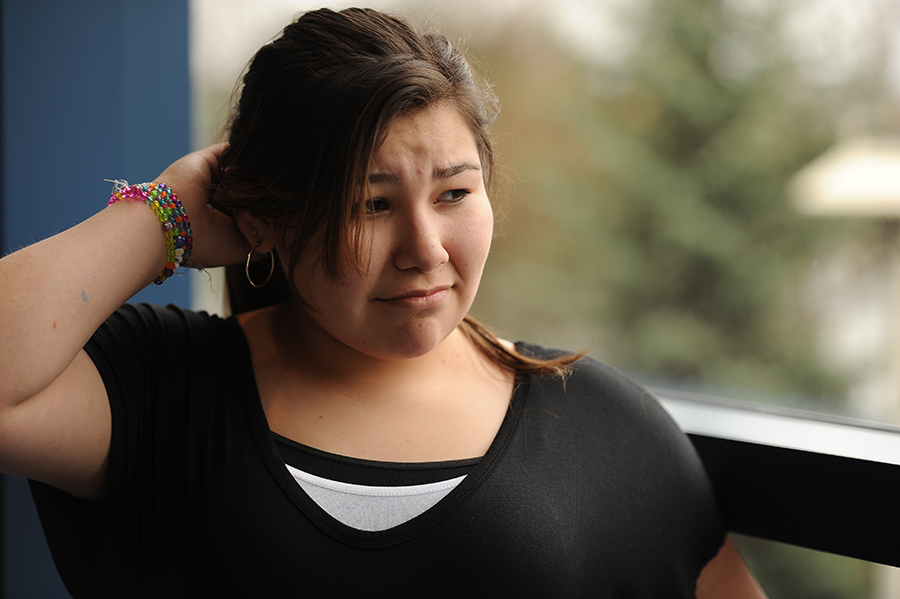Not all relationships work out, no matter how much we might want them to. When a relationship becomes violent or destructive, it can be both physically and emotionally dangerous for the people involved.
Key signs of an abusive relationship. Signs to watch out for before the relationship becomes physically violent include: possessiveness; jealousy; put-downs; threats; yelling, sulking, and breaking things are also signs of abuse.
What to do if you are being abused. It’s not OK to be physically threatened, scared into things that make you uncomfortable or unhappy, to be put down and pushed around, or for someone to use the excuse that they are tired, stressed, over-worked or under pressure as a reason for their violent behavior. If you are feeling unsafe, find another place to stay with friends or family. If that’s not possible, find an emergency shelter.
Breaking the cycle of violence. Ending any kind of relationship is hard to do, but it can be particularly difficult to leave a violent or abusive relationship. The first step in changing things is to understand that what’s been happening to you is wrong. Even if your boyfriend or girlfriend says they care about you, it’s not OK to be treated like this.
Where to get help. If something doesn’t feel right in your relationship, it probably isn’t. Your first responsibility is to yourself and figuring out how to protect yourself. Talk to someone who cares about you. Talk to your mom or dad, a family member, a friend or someone in your community like your doctor, teacher, coach, counselor, or your local religious leader. The sources listed below can help you get safe.
Hotlines. Many free help hotlines are available if you think you’re being abused, or are worried for a friend you suspect could be being abused. Try the National Suicide Prevention Lifeline at 1-800-273-TALK (8255) or The Boys Town National Hotline at 1-800-448-3000. StrongHearts Native Helpline helps you connect anonymously with a Native advocate at 1-844-7NATIVE (762-8483).
You can also call the National Teen Dating Abuse Helpline at 1-866-331-9474, or visit their website at loveisrespect.org. This site also has a free live web chat that’s staffed by young people who can offer you support.
Acknowledgement: This fact sheet was originally developed by youth and staff at ReachOut.com, a website that helps teens get through tough times.


